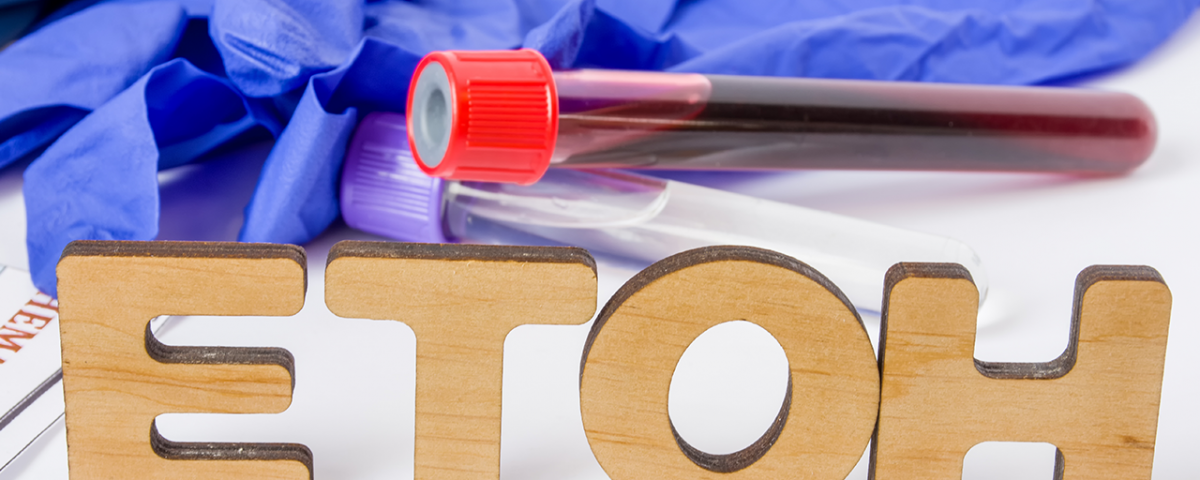EtOH is an abbreviation for ethyl alcohol. The EtOH abuse meaning refers to alcohol abuse since the substance is the primary active ingredient that causes intoxication. People will consume ethyl alcohol as a dilated concentration to improve taste and lessen the adverse effects. However, the effects quickly worsen if consumed at a pace the liver can not break down the toxins. Keep reading to learn about the effects of EtOH abuse and how to avoid long-term health complications.
Can You Drink Pure Ethyl Alcohol?
Ethyl alcohol usually refers to grain alcohol or other edible organic matter. Brewers and distillers tend to produce the substance from organic matter with high sugar or carbohydrate content. There are three main types which include isopropyl, methyl, and of course, ethyl alcohol. All alcoholic beverages contain ethanol but come in two categories which are distilled and undistilled drinks.
What’s the difference? Undistilled drinks are fermented, which means the yeast or bacteria alters the sugars into ethanol. Wine and beer are good examples of undistilled drinks since they are fermented.
Distilled drinks are similar in the sense that they are made from fermented beverages but achieve a greater alcohol concentration by separating the alcohol from the water during the process. Examples include rum and whisky.
Ethanol is safe to drink in small amounts in alcoholic beverages but can lead to intoxication or chronic drinking. Binge drinking is often the result since many people will drink a large quantity of alcohol in a short period of time, consuming high amounts of ethanol. Learning how to stop binge drinking is advised since its association with EtOH abuse causes mental and physical negative effects.
Ethyl vs. Isopropyl Alcohol
The difference between ethanol and isopropyl is that only one is meant to be consumed. Commonly, isopropyl alcohol is used in hand sanitizers. However, rubbing alcohol is either isopropyl alcohol or an ethanol-based liquid. Surprisingly, many people, usually teenagers, will drink hand sanitizer or ethyl rubbing alcohol in an attempt to get drunk. The risks may involve alcohol poisoning and extreme sickness.
The two substances have similar compound structures, but the chemical variations also differ enough to make one able to consume and one dangerous if ingested. Though isopropyl is meant to kill germs and certain bacteria, it’s safe to use on the skin in small amounts.
Alcohol Abuse Effects
The density of ethyl alcohol and other factors, such as concentration and the fermenting process, determine the severity of side effects a person will experience. Of course, generics and how much a person consumes in a limited amount of time also raise health concerns. Uses for ethyl alcohol are typically for consumption but only in small amounts, or else people can undergo negative physical and mental impacts.
EtOH abuse can lead to effects that include:
- Diarrhea
- Vomiting
- Slurred speech
- Physical injuries
- Cognitive decline
- Lack of coordination
- Memory impairment
- Weakened immune system
- Behavior changes or mood swings
- Risky behavior like drinking and driving
Chronic EtOH abuse can lead to improper brain functioning and development, which results in learning problems. Long-term risks include struggling with high blood pressure, liver damage, heart disease, or pancreas issues. If you or a loved one shows signs of alcohol abuse, seek alcohol addiction treatment and form a sober support group to avoid these complications.
Recovery at Banyan Treatment Centers Chicago
At Banyan’s Chicago addiction treatment center, we offer the necessary resources and services patients need to sustain long-term recovery. If you are someone who is battling EtOH abuse but want to experience a treatment that helps you reconnect emotionally and spiritually, we offer a 12-step program and also a Christian 12-step program that includes art therapy and other unique methods.
Speak to a specialist at Banyan Chicago by calling 888-280-4763 and get started on the path to recovery today!
Related Readings:









